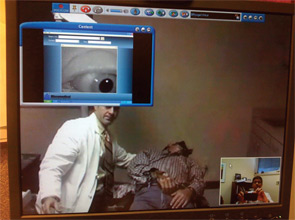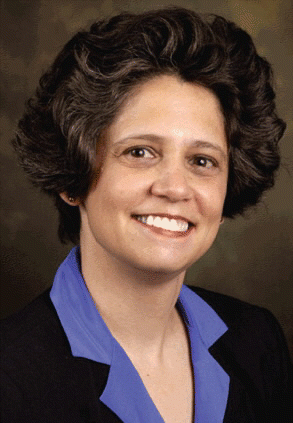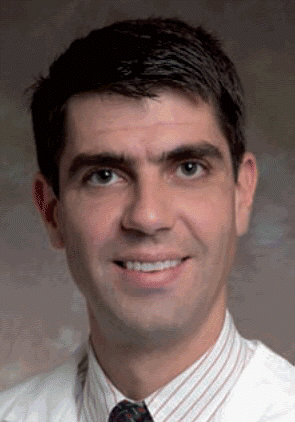The new duty hour regulation from the Accreditation Council for Graduate Medical Education (ACGME) that limits first-year residents to 16-hour shifts has drawn a conflicted chorus of reactions from attendings, who have only seven months before the stipulation goes into effect.
Demystifying the ACGME: Your guide to understanding the residency accreditation body
ACGME RRC—this litany of letters means little to most otolaryngologists. However, whether you are a private practitioner or an academician, a resident in training or a program director, you should have a basic understanding of the work done by the Accreditation Council for Graduate Medical Education Residency Review Committee (ACGME RRC).
The Faculty Mentor from the Resident’s Perspective
What is the experience of residents regarding mentorship during their otolaryngology residency? Background: Integral to the educational experience is the relationship between faculty and residents, which is based upon multiple types […]

Fill the Gap: Strategies for addressing the otolaryngology workforce shortage
How do you plan to deal with workforce shortages? If you are like 55 percent of the audience at an interactive mini-seminar held during the October American Academy of Otolaryngology–Head and Neck Surgery (AAO-HNS) Foundation annual meeting, you intend to hire additional otolaryngologists to help with practice overload.

Otolaryngology Residents Support Modules that Help Teach Endoscopy Skills
Residents appear to appreciate and value a multimodality teaching module aimed at developing and improving airway endoscopy skills, researchers reported at the 88th annual meeting of the American Broncho-Esophagological Association at the Combined Otolaryngology Spring Meeting.

Otolaryngologists View Resident Work-Hour Restrictions: ACS calls for in-depth investigation before mandating further restrictions
In response to many national calls to enhance patient safety, the Accreditation Council for Graduate Medical Education (ACGME) mandated a maximum 80-hour workweek for all residents beginning in 2003.
Intraoperative Volume CT Demonstrates Appeal, but Questions Remain
Intraoperative volume CT is showing promise as a tool to help with complex endoscopic sinonasal and skull base procedures.

Starting Out in Practice? Some Tips for Success
Heading into the real world of practice after completing residency is a daunting task, fraught with perils. Will you get into a practice you like? Will there be sufficient support staff?
Can You Go Home Again?
Coding: It’s All in the Details
Getting reimbursed properly for performing procedures is all in the details, especially in areas that can be confusing to code.
- « Previous Page
- 1
- …
- 4
- 5
- 6
- 7
- Next Page »